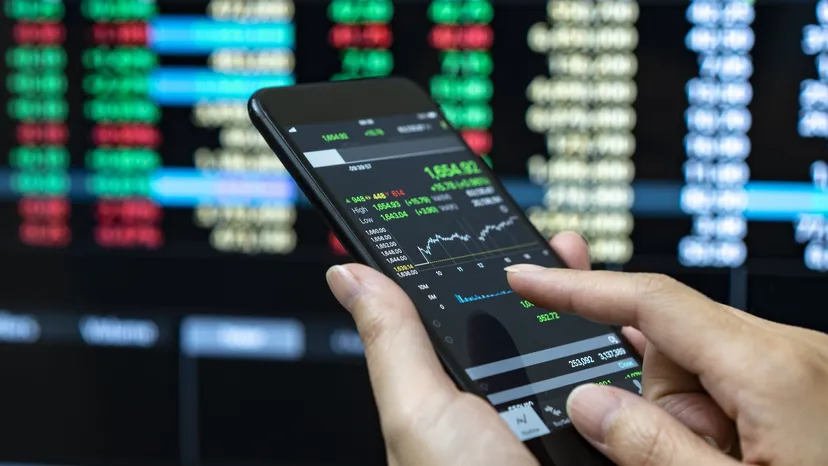Blockchain technology has emerged as a transformative force, offering individuals an unprecedented level of security, transparency, and control over their digital transactions. By leveraging decentralized networks, blockchain ensures that data is not only stored securely but also shared transparently across all participants, significantly reducing the risks associated with centralized systems. This shift towards decentralized solutions empowers individuals by providing them with direct access to their information, reducing dependency on third-party intermediaries and minimizing the potential for fraud, corruption, and data manipulation. At the heart of blockchain’s appeal is its robust security infrastructure. Traditional digital transactions often rely on central authorities, which can become vulnerable points of failure due to hacking, data breaches, or internal errors. Blockchain, on the other hand, operates on a distributed ledger that ensures all transactions are cryptographically verified and immutable once recorded. Each block in the chain is connected to its predecessor, making it nearly impossible for any single entity to alter the information without being detected.

This creates a highly secure environment for conducting financial transactions, transferring assets, and sharing sensitive data, offering individuals a greater sense of trust and peace of mind. Transparency is another cornerstone of blockchain technology. Every transaction is recorded in a public ledger, accessible to all participants in the network. This level of transparency is particularly valuable in sectors like finance, healthcare, and supply chain management, where it is crucial to track the movement of assets and information without the risk of tampering. Individuals can verify transactions in real time, allowing them to make informed decisions based on accurate, up-to-date data. This increased visibility not only enhances accountability but also builds confidence in the system as a whole. Moreover, Cryptocurrency news technology enables greater financial inclusion. Individuals who may have previously been excluded from traditional banking systems, whether due to geographic location, economic status, or lack of access to banking infrastructure, can now participate in the global economy through blockchain-based financial services.
Cryptocurrencies, for example, allow users to send and receive money across borders without the need for expensive intermediaries or bank accounts. Additionally, smart contracts self-executing contracts with terms directly written into code allow individuals to engage in transactions and agreements automatically, reducing the need for legal intermediaries and enhancing the efficiency of business operations. The growing adoption of blockchain technology is paving the way for a more secure, transparent, and equitable digital future. As individuals gain more control over their personal data and assets, they can take part in an increasingly decentralized world where trust is built into the very fabric of transactions. By leveraging the benefits of blockchain, individuals are empowered to make better decisions, engage in secure financial activities, and contribute to a more transparent and efficient global economy.





